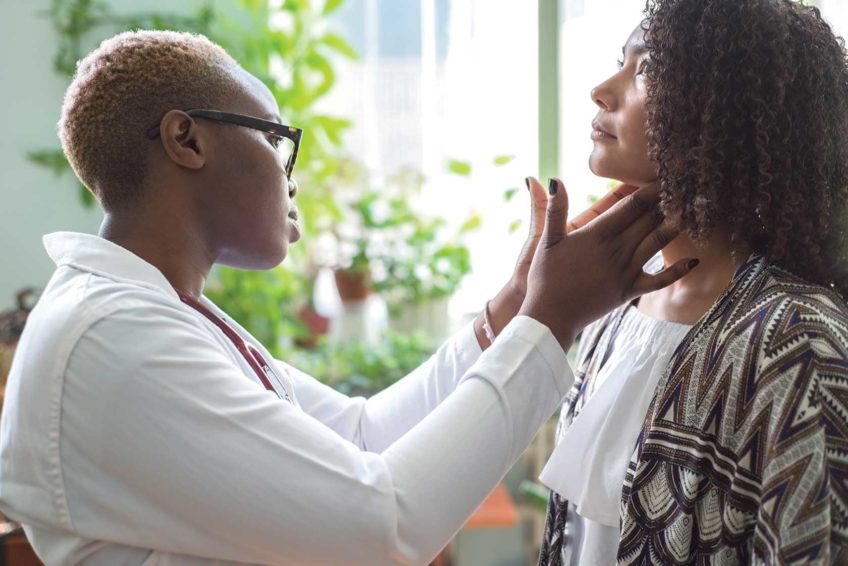
Billy Garrett, Jr. is just following in his grandfather’s footsteps. Bill Garrett was the first African American to play regularly on a Big Ten Conference varsity basketball team. He was even drafted by the Boston Celtics, but the army’s draft got him first. He never made it to the Celtics court.
Garrett, Jr., 26, shares his grandfather’s passion for basketball. He has played for the NBA G League as well as the New York Knicks. He’s now a shooting guard for the basketball league in Poland.
Yet, Garrett has sickle cell disease.
One would think that, given his condition, he’d be advised to abstain from participating in basketball. The rigorous demands of competitive sports can trigger a pain crisis, which can escalate into serious complications. Even death. Garrett learned the hard way. According to an article in the Chicago Sun-Times, when a young kid at basketball camp, he experienced a severe SCD crisis that landed him in the hospital for four days.
Those with sickle cell trait are hard hit as well. Although they carry only one defective hemoglobin, strenuous activities have resulted in acute disease symptoms. Deaths have been reported in men participating in basic training at boot camp and in athletes playing college sports. In response, the NCAA since 2010 mandates testing for SCT in all divisions. It also trains coaches not only to spot crises but also to prevent them through gradual conditioning regiments.
Yet, physical activity is a foundation for good health. It’s dubbed free medicine. It reduces the risk of cardiovascular disease, diabetes and some cancers. It strengthens the bones and muscles and can help maintain a healthy weight. Even the chronically ill have been included in the revised edition of the Physical Activity Guidelines for Americans published by the U.S. Department of Health and Human Services.
But those with SCD have been historically overlooked. Evidence-based guidelines for exercise recommendations currently do not exist for them. This may be changing, however. A study published recently in Blood, the journal of the American Society of Hematology, suggests that light to moderate exercise may actually offer benefits for those afflicted. Researchers divided a small sample of 40 into two groups. One engaged in regular everyday routines, such as grocery shopping and walking, while the other group participated in a tailored regimen of moderate-intensity exercises of 40-minute sessions three times a week on a stationary bike.
After eight weeks, biopsies of muscle tissue showed an increase in the density of small blood vessels and improved flow of oxygen and blood to muscle tissues. Some participants even noted improvement in sleep and concentration. The study is small but promising and one step closer to finding the “right” dose of exercise.
Until the development of evidence-based guidelines, people with SCD are encouraged to participate in low-intensity aerobic exercise, such as brisk walking, biking, Zumba or even dancing. The key is to set your own pace. Start slowly and build up endurance gradually. Rest often. Keep your temperature cool. Drink plenty of water before, during and after exercise.
Stop activities immediately if you feel pain, cramping or become short of breath. Seek medical care immediately if feeling very ill.
The bottom line is that, although stringent precautions must be taken, SCD does not provide a free pass from exercising. You still need to get up and go … just like everyone else.







